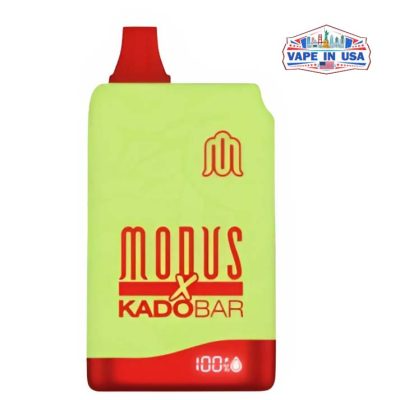Block paving is one of the most popular choices for driveways, patios, and pathways in the UK—and for good reason. It’s visually appealing, highly durable, and offers a wide range of design options. But one of the most common questions homeowners ask before making the investment is: How long does block paving typically last? The answer isn’t a simple number. The lifespan of block paving depends on several key factors, including installation quality, maintenance, climate, and the type of use it sees.
Average Lifespan of Block Paving
On average, professionally installed block paving can last anywhere from 20 to 25 years or more. In some cases, it can even exceed 30 years if maintained well and not subject to heavy commercial traffic. Unlike tarmac or poured concrete, block paving is made up of individual bricks or blocks, meaning small areas can be repaired or replaced without disturbing the whole surface. This adds to its longevity.
What Affects the Lifespan of Block Paving?
Let’s explore the main factors that influence how long your block paving will last:
1. Installation Quality
Poor groundwork can shorten the lifespan significantly. If the sub-base isn’t properly compacted or the sand bed isn’t level, the blocks may shift, sink, or become uneven. Always choose experienced installers who understand ground preparation.
2. Type of Block Used
Not all blocks are made the same. Concrete blocks are most common and cost-effective, but clay or natural stone can last longer and maintain their appearance better over time.
3. Weather Conditions
British weather can be unpredictable. Freeze-thaw cycles, heavy rainfall, and long dry spells can all affect your driveway. High-quality blocks and proper drainage help mitigate this.
4. Usage
A residential driveway used by family cars will last much longer than a commercial driveway exposed to lorries or vans. Heavy loads and regular traffic wear out the joints and sub-base faster.
5. Maintenance
Regular maintenance helps preserve both looks and strength. Weed removal, re-sanding joints, occasional pressure washing, and sealing can all extend the life of your paving.
Signs Your Block Paving May Need Replacing or Repair
Even the best-laid paving will eventually show signs of wear. Here are some signs to look out for:
-
Uneven or sunken areas
-
Cracked or broken blocks
-
Weed growth between joints
-
Faded or stained surface
-
Water pooling due to poor drainage
You might not need a full replacement—many of these issues can be fixed through repairs or re-levelling.
Can You Extend the Lifespan of Block Paving?
Absolutely. A little effort goes a long way. Here are some tips:
-
Brush regularly to keep debris and moss at bay
-
Pressure wash occasionally to clean off dirt and stains
-
Top up jointing sand annually to keep blocks stable
-
Apply a sealant to enhance durability and resist stains
-
Fix small issues early to prevent bigger problems later
By following these tips, your block paving could easily last several decades.
Final Thoughts
So, how long does block paving typically last? With high-quality materials, expert installation, and regular care, you can expect it to remain strong and attractive for 20–30 years or more. It’s a solid investment for any homeowner looking to boost kerb appeal and practicality.
Thinking of installing or replacing a block-paved driveway or patio? Speak to your local experts and get advice tailored to your property’s needs. Let me know if you want to add local keywords (e.g. “block paving in Swindon” or “driveway paving experts in Durham”) or a branded CTA at the end.











Leave a Reply